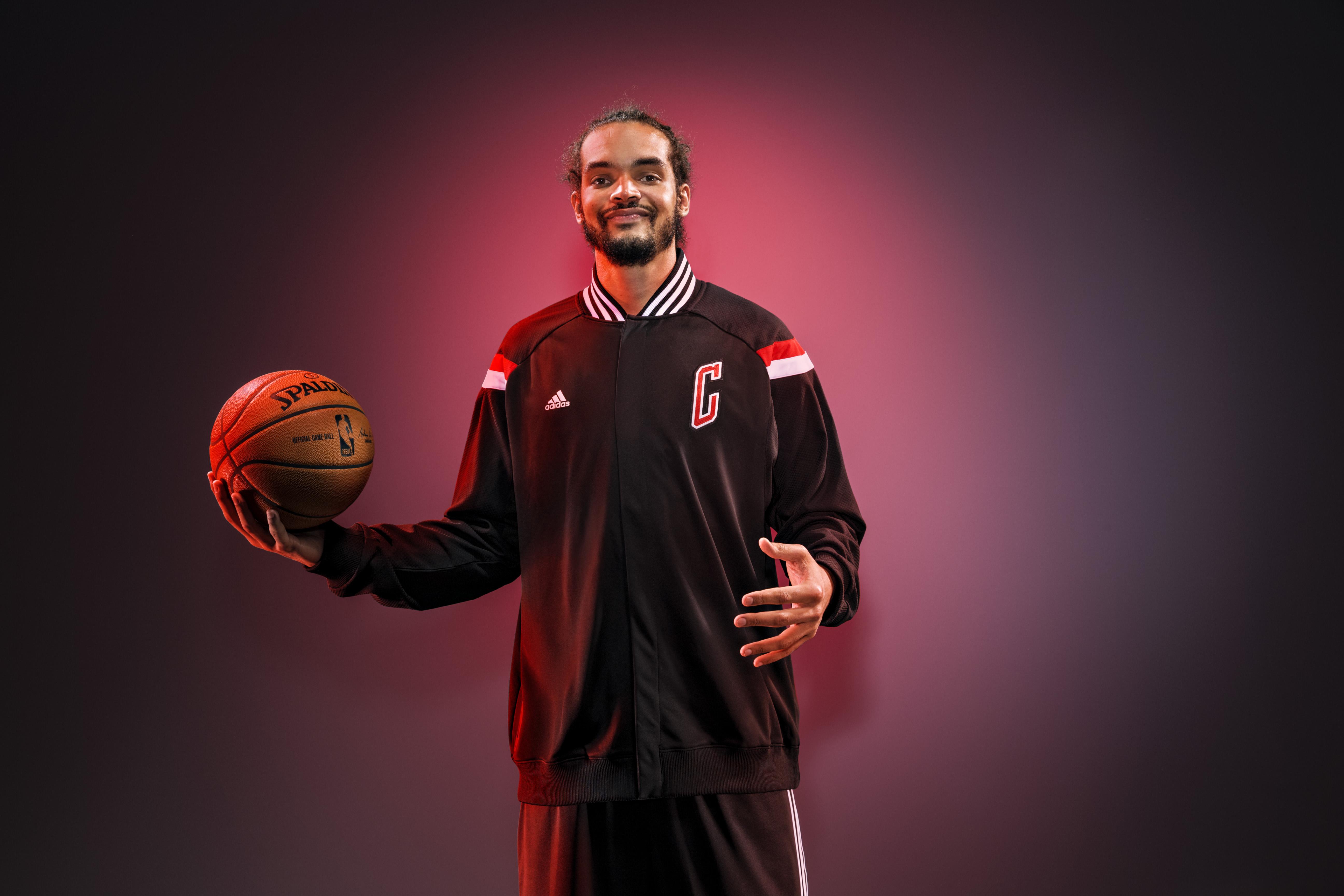On Informal Leadership

Informal leadership is the concept of leading without any formal authority from the organization (boss, coach, captain and so forth). I’ve long been fascinated by how we lead - or simply influence - others when we don’t have the formal title of leader.
Most of us have daily opportunities for informal leadership, and relevant skills are worth giving attention.
An interview I conducted with Joakim Noah this summer gave me new thoughts on what skills make for effective informal leadership.
Ohio State alums, please bear with me. I’m guessing that Joakim Noah may not be your favorite basketball player (unless you’re also a Chicago Bulls’ fan)... but let me explain.
Joakim was an integral part of the most recent team to repeat as NCAA basketball champions, the 2005-06 and 2006-07 Florida Gators (Greg Oden and Ohio State finishing as the national runner-up the second of those seasons). He went on to play thirteen seasons in the NBA, making two All-Star appearances and being named NBA Defensive Player of the Year for the 2013-14 season.
I’d never met Joakim, but I’d done my homework for the interview by talking to several former Florida coaches and staff. Despite this, he caught me off guard with some of his thoughts in our interview – especially those on leadership. Here are three takeaways on how to be a more effective informal leader:
- Relationships matter. The four players in Joakim’s UF recruiting class (Al Horford, Corey Brewer, Tauren Green, and Joakim) all went on to play in the NBA after the second championship (following their junior years in college). However, there had been speculation that they might leave for the pros after the first NCAA title their sophomore years – Noah in particular. After that season, Head Coach Billy Donovan sat down with him to lay out his options. If he left, he’d be a top pick in the NBA Draft, maybe the top pick. If he stayed, he ran the risk of injury as well as the likelihood that he wouldn’t be the top pick - Greg Oden had enrolled at Ohio State and Kevin Durant at Texas, and both were projected to go higher than Noah. I asked him if it was a tough decision. He said it wasn’t, because Corey Brewer “came from humble beginnings and he decided he wanted to come back even though he also had the opportunity to make a lot of money as well. [Looking back} fifteen years later, that’s what resonates” for Noah. Noah came from a more affluent background (his father reached a ranking of 3rd in professional tennis, and his mother was an international model). With Brewer leading the way to stick with his teammates, they found it easy to do likewise and pass on the draft. (After the first championship, Sports Illustrated wanted to do a cover story on Noah and his father, but Noah refused until the magazine agreed to run a picture of the whole team in the article.)
- Model Desired Behavior. Joakim’s freshman year at Florida was underwhelming. He played infrequently and considered transferring to another school, but as one coach told me, “instead, Joakim stayed at UF and worked himself in a year’s time from hardly playing to being the possible top NBA draft pick” through his work on and off the court. That work ethic continued in the pros with the Bulls, Knicks and Grizzlies, where he would return to Gainesville every summer to work out for a week or more with his former coaches. Those workouts became legendary - current UF players at the time would stand upstairs in the gym to watch from a distance - as Noah would work out for hours on the court, and then push himself with sprints afterward under the watchful eye of...no one. No one but himself.
- Find ways to energize others. Noah was an emotional, demonstrative player, often to the irritation of opponents and their fans. But he noted that raising morale isn’t as simple as just being loud all the time. Sometimes, when the situation called for it, he might encourage teammates to get away from the gym and catch a movie together. He said that as his role on the court might change from night to night (one night the team might need him to score, other nights to rebound and pass), his role in providing energy and raising morale would also vary depending on the situation. Sometimes he’d let his play do the talking, sometimes his mouth would supplement his play. Always at full speed.
It was an interesting conversation (at least for me!), and it wasn’t until afterward as I digested what he said, that I had a chance to reflect on how many of his observations tied back to informal leadership. Corey Brewer’s informal leadership. Joakim’s informal leadership. In ways sometimes seen by the public, sometimes seen only by those standing off to the side in a quiet gym in Gainesville in July.
Photo credit: "adidas - NBA Joakim Noah" by michalkajzerek is licensed with CC BY 2.0. To view a copy of this license, visit https://creativecommons.org/licenses/by/2.0/